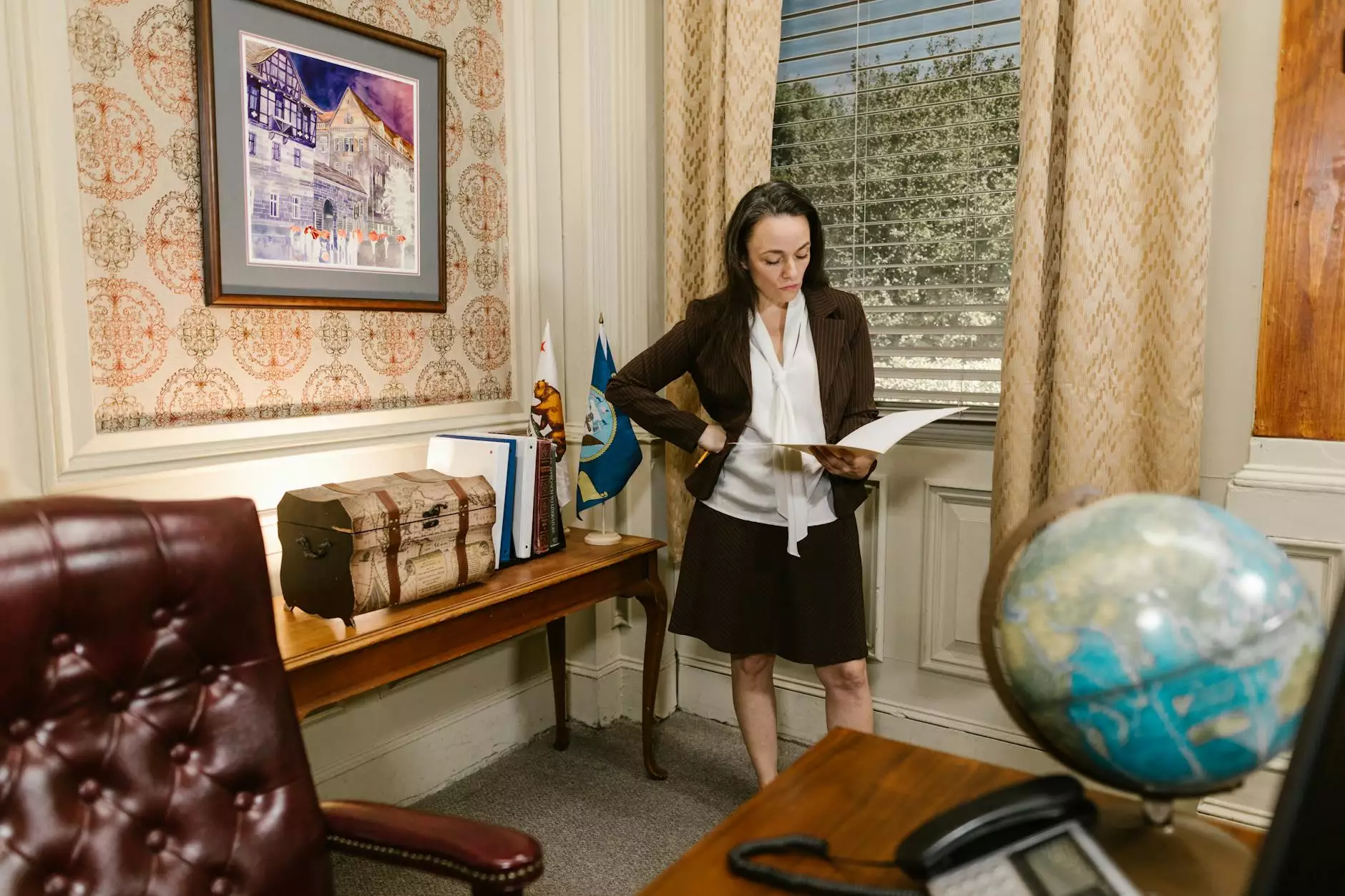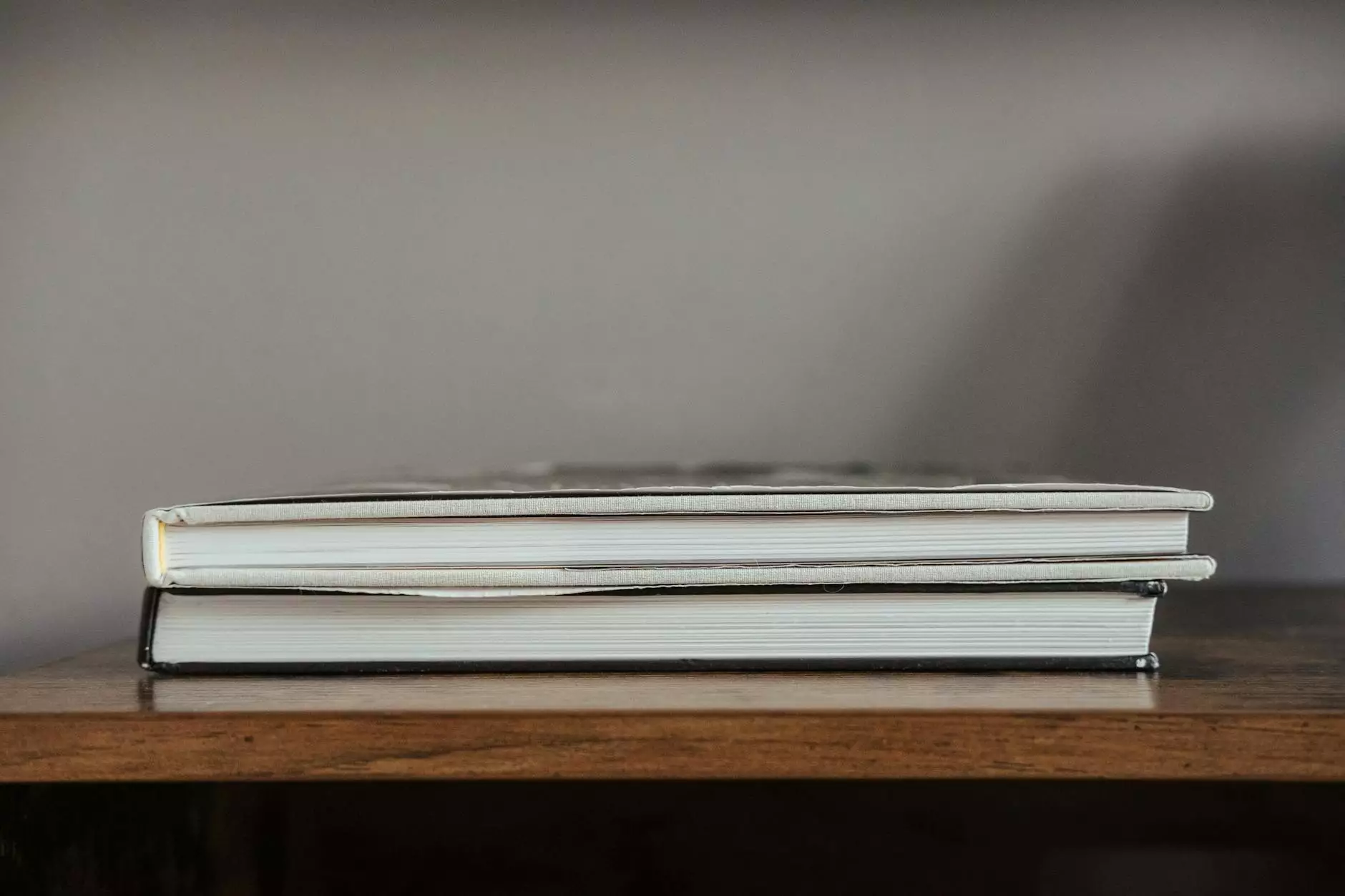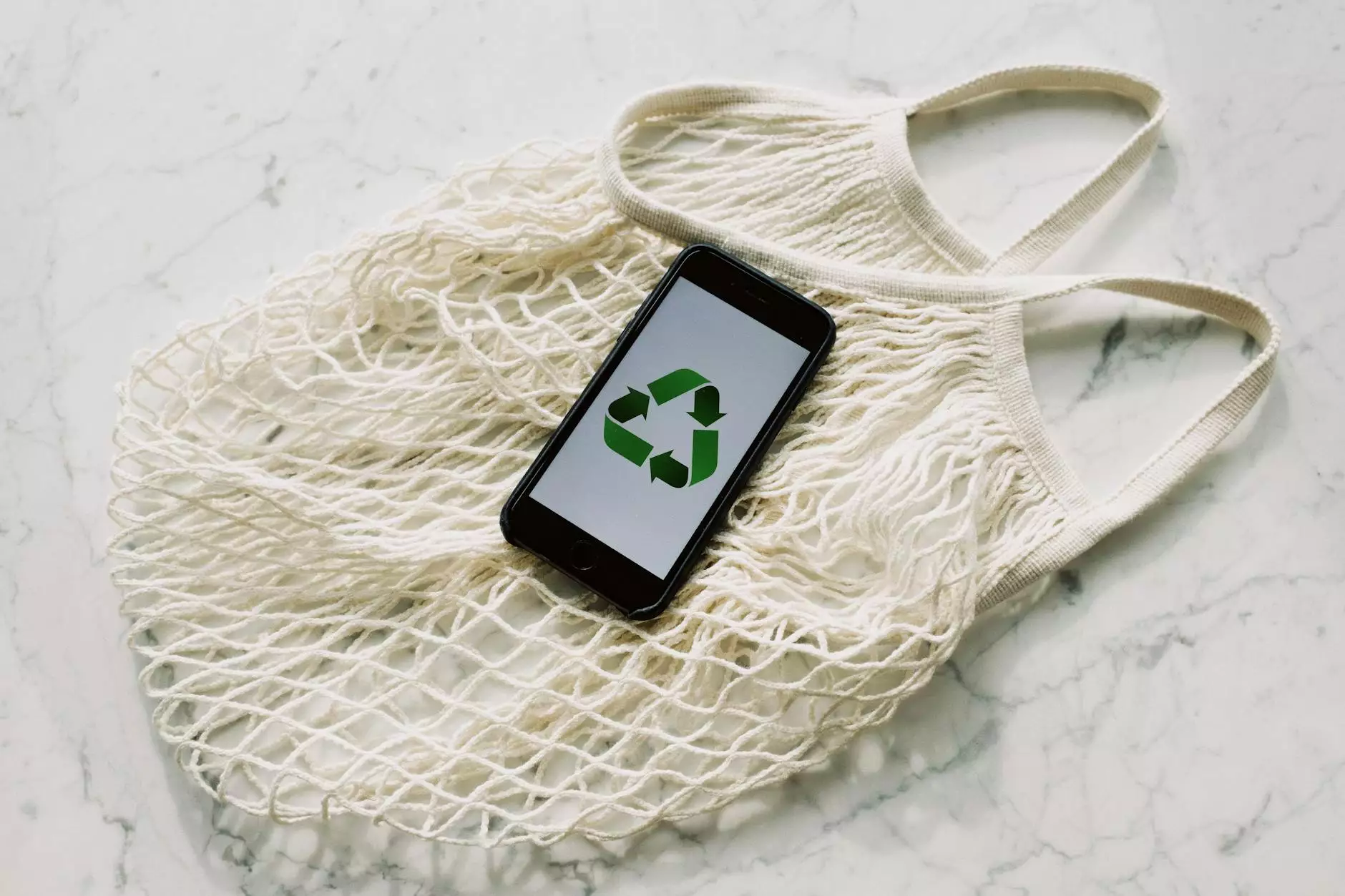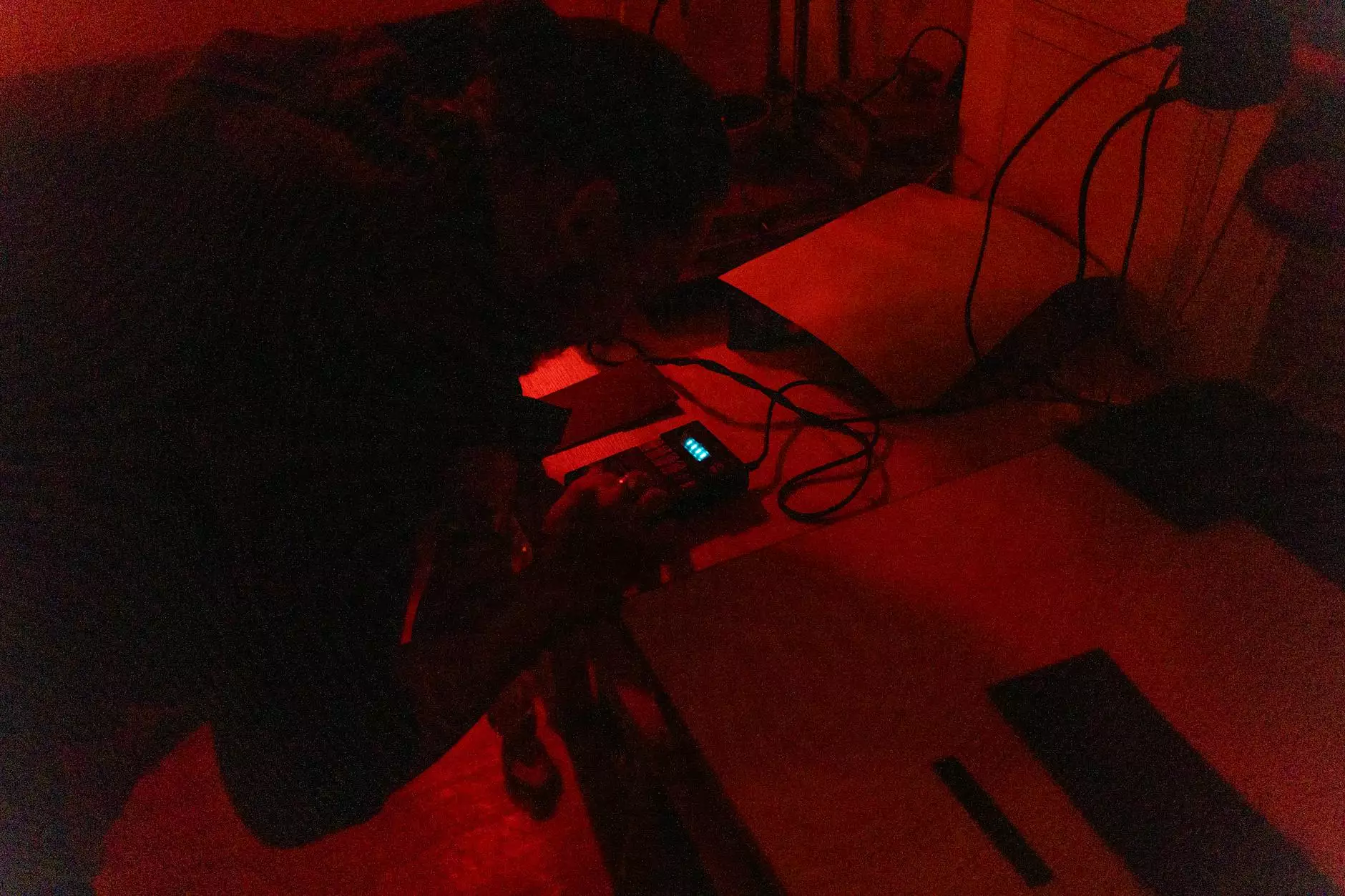Can I Use Images I Find on the Internet on My Website?
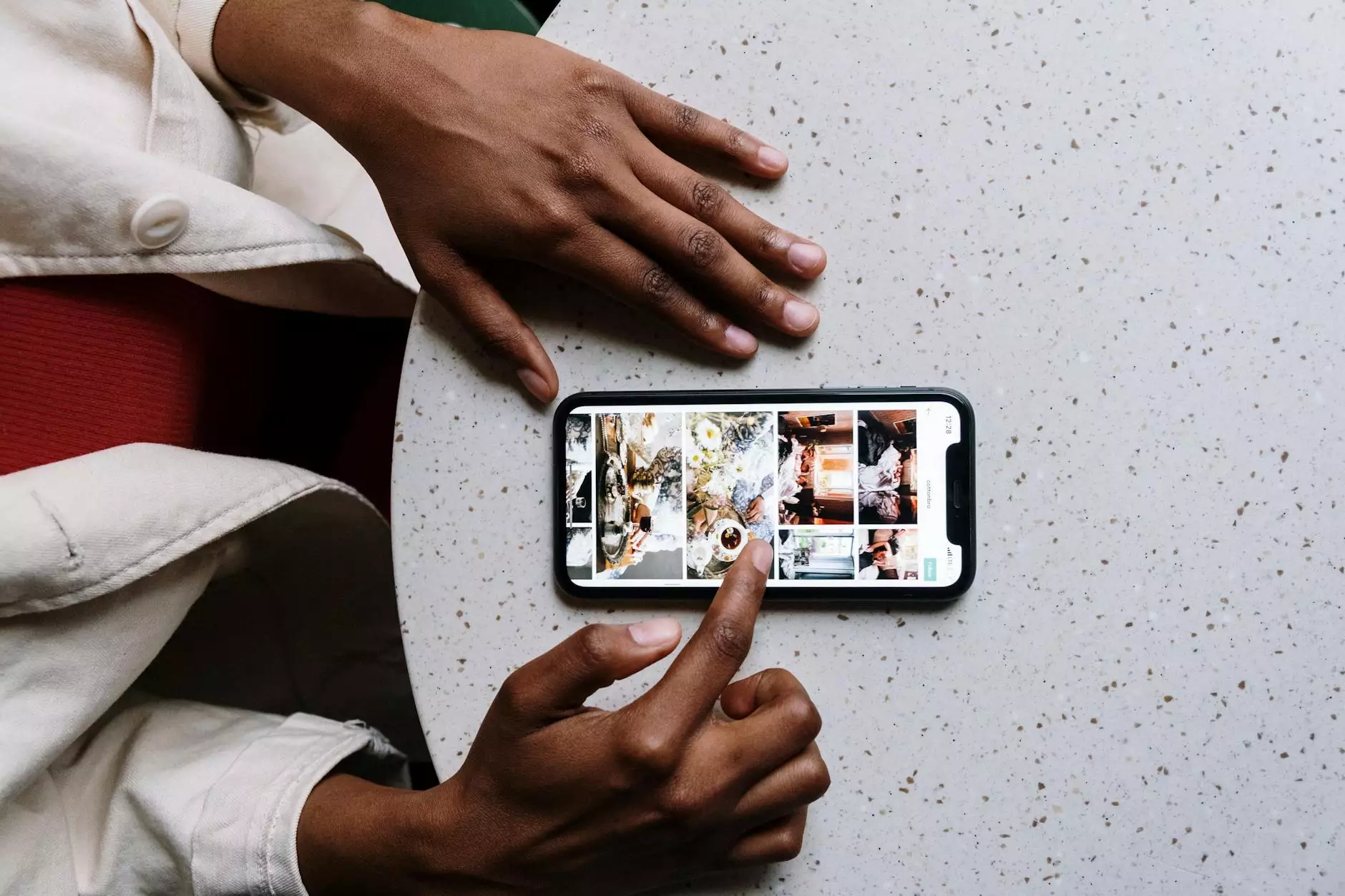
Introduction
Welcome to Richardson Law Firm PC, where we provide expert legal assistance and guidance in the field of law and government. In this article, we will explore the topic of using images found on the internet for your website and discuss the legalities surrounding their use.
The Importance of Image Usage
In today's digital age, visuals play a crucial role in capturing the attention of website visitors and conveying information effectively. As a website owner, you may find yourself wondering whether you can use images you find on the internet to enhance the visual appeal of your web pages. However, it is essential to understand the legal implications and potential consequences of such actions.
Understanding Copyright Law
One of the primary considerations when using images from the internet is copyright law. Copyright protects the original creators' rights to their work, including photographs, illustrations, and other visual content. In most cases, images found on the internet are protected by copyright, whether or not they display a copyright symbol or notice.
Types of Copyright Licenses
When it comes to using copyrighted images, it is vital to understand the different types of licenses that may exist:
1. Public domain:
Images in the public domain are not subject to copyright restrictions and can be used freely without permission.
2. Creative Commons licenses:
Creative Commons licenses provide a way for creators to indicate the permissions they grant regarding the use of their work. Some licenses allow for commercial use, while others may require attribution.
3. Royalty-free:
Royalty-free images are those for which a one-time payment grants the user the right to use the image without additional fees or restrictions. However, it is crucial to review the specific terms of the license to ensure compliance.
Fair Use and Image Attribution
Under certain circumstances, the fair use doctrine may apply, allowing the use of copyrighted material without permission. Fair use typically covers purposes such as criticism, commentary, news reporting, teaching, scholarship, or research. However, determining whether your use of an image qualifies as fair use can be complex and subjective.
Proper attribution is another critical consideration. Even if you believe your use of an image falls under fair use, it is generally good practice to provide clear attribution to the copyright holder, acknowledging their ownership or authorship of the image.
Consequences of Copyright Infringement
Using copyrighted images without authorization can have serious legal consequences. The copyright owner has the right to pursue legal action against infringers, which may result in substantial monetary damages and the requirement to remove the infringing content.
It is essential to note that ignorance of copyright law is not a valid defense. As a responsible website owner, it is your responsibility to ensure that you have the necessary rights or permissions before using images found on the internet.
Best Practices for Using Images
When it comes to incorporating images into your website, here are some best practices to consider:
- Use your own original images whenever possible.
- Obtain proper licenses or permissions for any third-party images you wish to use.
- Familiarize yourself with the terms and conditions of image repositories or stock photo websites.
- Consider using public domain or Creative Commons-licensed images.
- Ensure proper attribution when using images under fair use.
- Regularly review and update your website's image usage to stay compliant with copyright laws.
Consult a Legal Professional
As experts in law and government matters, Richardson Law Firm PC strongly recommends consulting with a qualified legal professional to ensure compliance with copyright laws and to address any specific concerns regarding image usage. Our experienced attorneys can provide valuable insights and guidance tailored to your unique situation.
Remember, while we strive to provide accurate and up-to-date information, this article is not legal advice. Every situation is unique, and it's important to seek professional legal counsel for your specific needs.
Conclusion
Using images found on the internet for your website can be a tricky area legally. Understanding copyright law, licensing, fair use, and best practices is crucial to avoid potential consequences that may arise from copyright infringement.
At Richardson Law Firm PC, we are dedicated to helping our clients navigate the complexities of the law. Contact us today for expert legal assistance regarding image usage and any other law and government-related matters.

